Combo Pack FMBGK CHANDAN & KESAR SOAP 75GM +NEEM & ALOEVERRA SOAP 75GM
Original price was: ₹200.00.₹180.00Current price is: ₹180.00. Including tax | 30 people are viewing this product Save ₹20.00 (10%)
Availability: 996 in stock
“`html
Introduction to Neem
Neem, scientifically known as Azadirachta indica, is a tree native to the Indian subcontinent and has been an integral part of traditional medicine and cultural practices for centuries. Originating in South Asia, Neem is often referred to as the ‘village pharmacy’ due to its extensive medicinal properties and applications. This hardy tree is notable for its resilience and can thrive in a variety of climates, making it a reliable resource for numerous communities.
The history of Neem usage dates back to ancient times, with references found in Sanskrit texts that highlight its therapeutic value. Every part of the Neem tree, including its leaves, bark, seeds, fruits, and roots, is utilized in traditional medicine. Neem leaves are often used to treat skin conditions and infections, while Neem oil, extracted from the seeds, is renowned for its antibacterial and antifungal properties. The bark and roots are also used in various medicinal concoctions to treat ailments such as fever, malaria, and gastrointestinal issues.
In addition to its medicinal uses, Neem holds significant cultural importance in many regions. In India, for example, Neem leaves are used in rituals and ceremonies, symbolizing purity and protection. Its branches are commonly hung over doorways to ward off evil spirits and to promote good health. Beyond cultural practices, Neem’s sustainability and versatility make it a valuable resource in agriculture and environmental conservation. It is used as a natural pesticide and fertilizer, helping to improve soil fertility and crop yields without harmful chemicals.
Understanding the historical context and multifaceted applications of Neem provides a foundation for appreciating its continued relevance today. The following sections will delve deeper into the specific benefits and uses of Neem, highlighting why it remains a cornerstone in both traditional and modern practices.
Health Benefits of Neem
Neem, a tree native to the Indian subcontinent, has been lauded for its extensive range of health benefits. One of its most notable qualities is its antimicrobial property. Neem leaves, oil, and extracts possess compounds that effectively combat bacteria, viruses, and fungi, making it a valuable tool in treating infections and promoting overall health. Its antimicrobial efficacy has been well-documented in numerous scientific studies, showcasing its potential as a natural remedy for various ailments.
In addition to its antimicrobial capabilities, Neem exhibits strong anti-inflammatory properties. This is particularly beneficial for individuals suffering from inflammatory skin conditions such as acne, eczema, and psoriasis. Topical application of Neem oil or using Neem-based skincare products can significantly reduce redness, irritation, and swelling, thereby improving skin health and appearance. Moreover, the antioxidant properties of Neem help protect the skin from oxidative stress caused by free radicals, which can accelerate aging and worsen skin conditions.
Neem’s health benefits extend beyond skin care. It has shown potential in boosting the immune system, as its bioactive compounds enhance the body’s natural defense mechanisms. Regular consumption of Neem in various forms, such as teas or supplements, can help fortify the immune response, making the body more resilient against infections and diseases.
Neem also plays a significant role in managing diabetes. Several studies have indicated that Neem extracts can reduce blood sugar levels and improve insulin sensitivity. This makes Neem a valuable adjunct in diabetes management, providing a natural means to support conventional treatments and potentially reduce dependency on pharmaceutical interventions.
Emerging research also points to Neem’s potential anti-cancer properties. Compounds found in Neem, such as nimbolide and azadirachtin, have shown promise in inhibiting the growth of cancer cells and inducing apoptosis, or programmed cell death. While more extensive human trials are needed, these preliminary findings offer hope for Neem’s use in cancer prevention and treatment.
An abundance of scientific studies and anecdotal evidence supports the myriad health benefits of Neem. Its multifaceted properties make it a versatile and valuable natural remedy for promoting health and well-being.
Environmental and Agricultural Uses
Neem, a versatile plant, has gained recognition for its significant contributions to agriculture and environmental conservation. One of the most notable uses of Neem in agriculture is its application as a natural pesticide and insect repellent. Neem oil, extracted from the seeds of the Neem tree, contains active compounds such as azadirachtin, which are effective in controlling a wide range of pests. Unlike chemical pesticides, Neem oil is biodegradable and poses minimal risk to humans, animals, and beneficial insects, making it a safer alternative for pest management.
In organic farming, Neem plays a pivotal role in sustainable pest management practices. Farmers have increasingly turned to Neem-based products to combat pests without the adverse effects associated with synthetic chemicals. Neem’s efficacy in disrupting the life cycles of pests, while remaining non-toxic to birds, mammals, and pollinators, underscores its utility in promoting ecological balance within agricultural ecosystems.
Beyond pest control, Neem contributes to soil health and fertility. Neem leaves and seed cake, when used as organic mulch or soil amendments, enhance soil structure and nutrient content. They aid in maintaining soil moisture levels and support the growth of beneficial microbial communities, which are crucial for plant health. Furthermore, the natural compounds in Neem can suppress soil-borne pathogens, reducing the incidence of root diseases.
Neem trees themselves play an essential role in environmental sustainability. These hardy trees are known for their ability to improve air quality by absorbing pollutants and releasing oxygen. Additionally, Neem trees help prevent soil erosion, particularly in arid and semi-arid regions. Their deep root systems stabilize the soil, reducing the impact of wind and water erosion. This not only preserves soil integrity but also supports the long-term viability of agricultural lands.
In conclusion, Neem’s multifaceted applications in agriculture and environmental conservation position it as a sustainable solution for contemporary challenges. By integrating Neem into various practices, we can enhance pest management, soil health, and contribute to a more sustainable and ecologically balanced environment.
Neem in Personal Care and Household Products
Neem, known for its potent medicinal properties, has become a cornerstone in personal care and household products. Its natural, non-toxic attributes make it a preferred ingredient for a range of applications geared towards health and wellness. Neem-infused shampoos, for instance, are renowned for their ability to combat dandruff, reduce scalp irritation, and promote overall hair health. They achieve this through the antifungal and antibacterial properties inherent in Neem, which help in maintaining a healthy and clean scalp environment.
In oral care, Neem toothpaste has gained popularity for its efficacy in reducing plaque, preventing cavities, and promoting overall gum health. The antimicrobial properties of Neem play a crucial role in protecting against harmful bacteria, making it an excellent natural alternative to chemical-laden dental products. Similarly, Neem-based soaps are highly valued for their ability to cleanse the skin thoroughly while providing antibacterial protection, making them ideal for those with sensitive or acne-prone skin.
Beyond commercial products, Neem can be effectively utilized in various homemade remedies and DIY beauty treatments. Neem oil, for example, can be mixed with other natural oils to create a nourishing hair mask, aiding in the treatment of dry scalp and promoting strong, shiny hair. Additionally, a face mask made from Neem powder and water can help in treating acne and achieving clearer skin, thanks to its anti-inflammatory properties.
Incorporating Neem into daily routines can significantly enhance skin, hair, and oral health. Simple practices, such as using Neem-infused oils for massages or adding a few drops of Neem oil to bathwater, can offer therapeutic benefits. Furthermore, Neem extracts can be used in household cleaners to naturally disinfect surfaces and repel pests, showcasing its versatility.
Popular Neem-based products available in the market include brands like Himalaya and Dabur, which offer a range of Neem-infused shampoos, soaps, and toothpaste. Each product leverages the natural benefits of Neem to provide safe, effective alternatives for daily personal care and household needs.
| Weight | .105 kg |
|---|---|
| Dimensions | 8 × 5 × 2.5 cm |

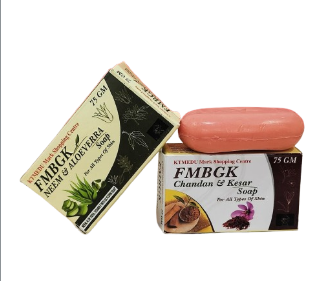
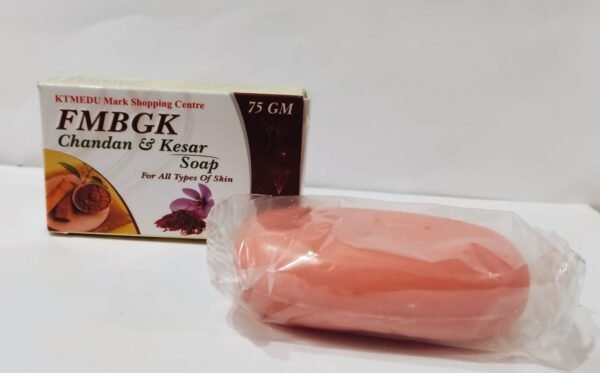
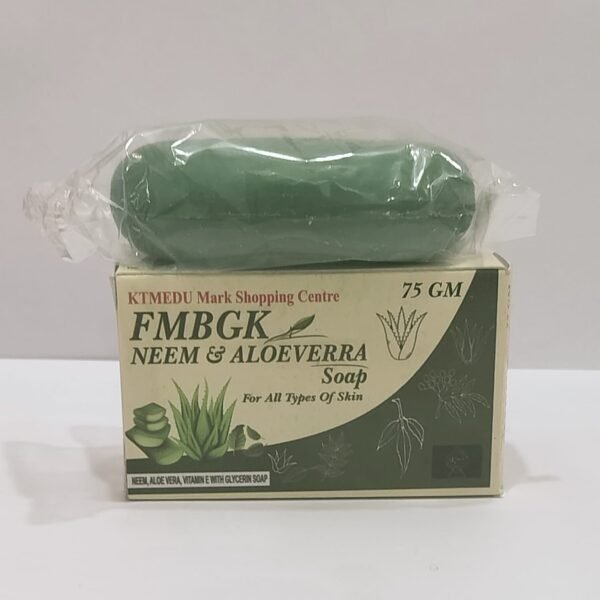
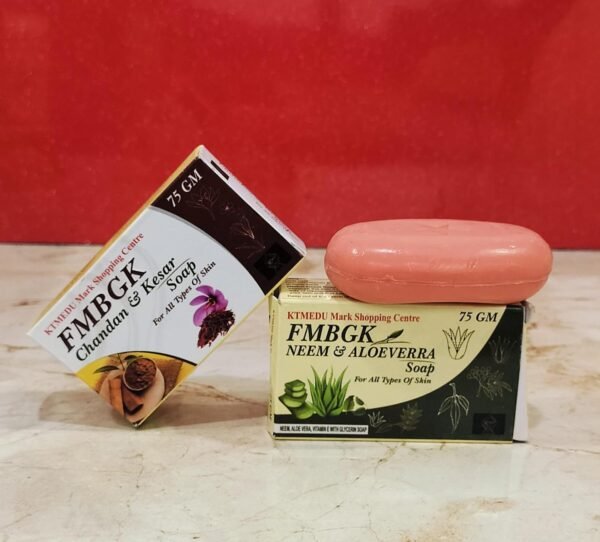
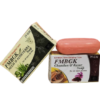






Reviews
There are no reviews yet.